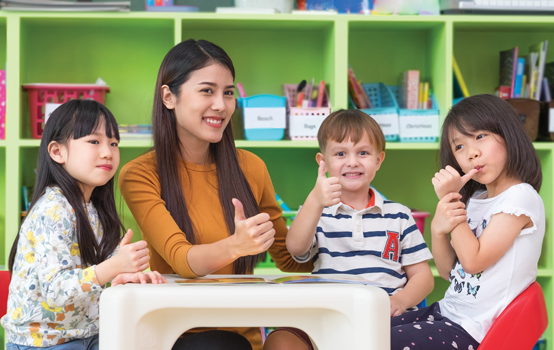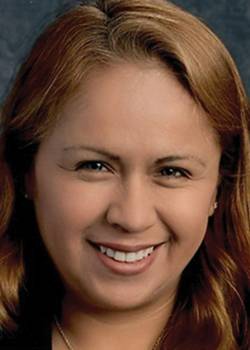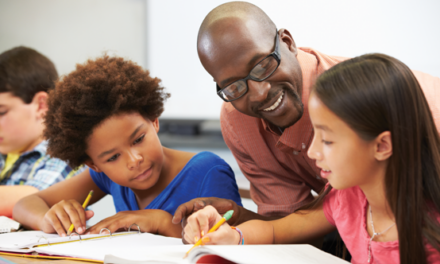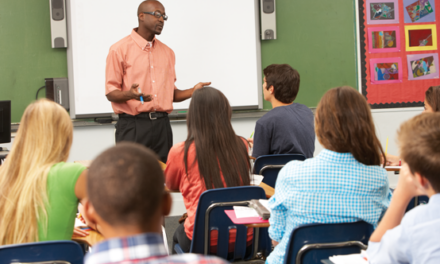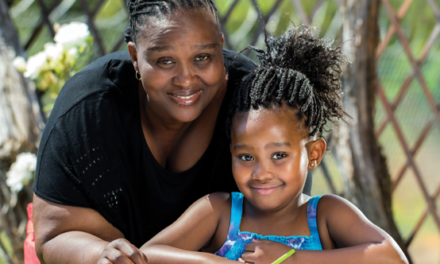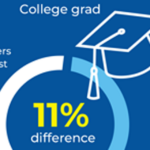Global literacy is of crucial importance in today’s world. Alongside academic and cultural literacy, global literacy is geared toward making people more aware of the various cultural orientations, philosophies, practices, norms, and histories that exist in the world. One issue of vital importance in global literacy is bilingual education. Originally from Peru, I teach in the state of Washington at a low-income elementary school in which 74% of students receive free and reduced-price lunch. As a specialist in bilingual education (Spanish and English), I have worked in a dual-language program for 10 years and have received training in pedagogy for language acquisition, which I share daily with my students and colleagues.
There are many avenues open to teachers who wish to become more responsive to their diverse students’ needs. For example, I decided to pursue professional development on culturally responsive practices with a focus on bilingual education. I became a Guided Language Acquisition Design (GLAD) trainer. This model has a range of scaffolding and intentional instructional strategies that result in improved student performance. After I implemented these strategies, I saw substantial improvement in my students’ achievement.
Culturally responsive practices tailored for language acquisition are simply good instruction. Continuing to look for growth, I decided to pursue National Board certification, which enabled me to become a more reflective practitioner. Now my pedagogy incorporates the language and cultures of my students more than ever.
Many professional opportunities exist outside the classroom as well that focus on good teaching practices and strong leadership in global literacy and bilingual education. For example, I became a state trainer on culture, language, and equity and supported new National Board candidates in these areas. Through a series of in-service trainings, I was now reaching out and influencing a far greater number of students throughout my state.
I realized I’d become a teacher leader. As such, I became a voice for my students and colleagues. In addition, I was appointed by the governor of my state to become a member of the Professional Educator Standards Board to be part of policy making. Now I’m part of the process of how policy is set for the students and teachers in my state, an experience more teachers should be involved in.
My 16 years of teaching have shown me that many educators need support enhancing their professional development to properly serve our diverse students. All educators’ knowledge and understanding need to be attuned to our students’ needs. All educators need high-quality professional development opportunities to support students in becoming globally literate, and at the same time many more educators should be given the opportunity to provide their input on education policies that affect them and their students.
Pedagogy and leadership matter. It’s only through policy making, research-based practices, and teacher voice that we can advance our educational system and foster the best education for our students. I know because I’ve gone down that pathway, and I’ve seen that it works
ABOUT THE AUTHOR

Maribel Vilchez
MARIBEL VILCHEZ is a nationally board certified, bilingual & biliterate 3rd-grade teacher at Lydia Hawk Elementary School, North Thurston School District, Olympia, WA.

